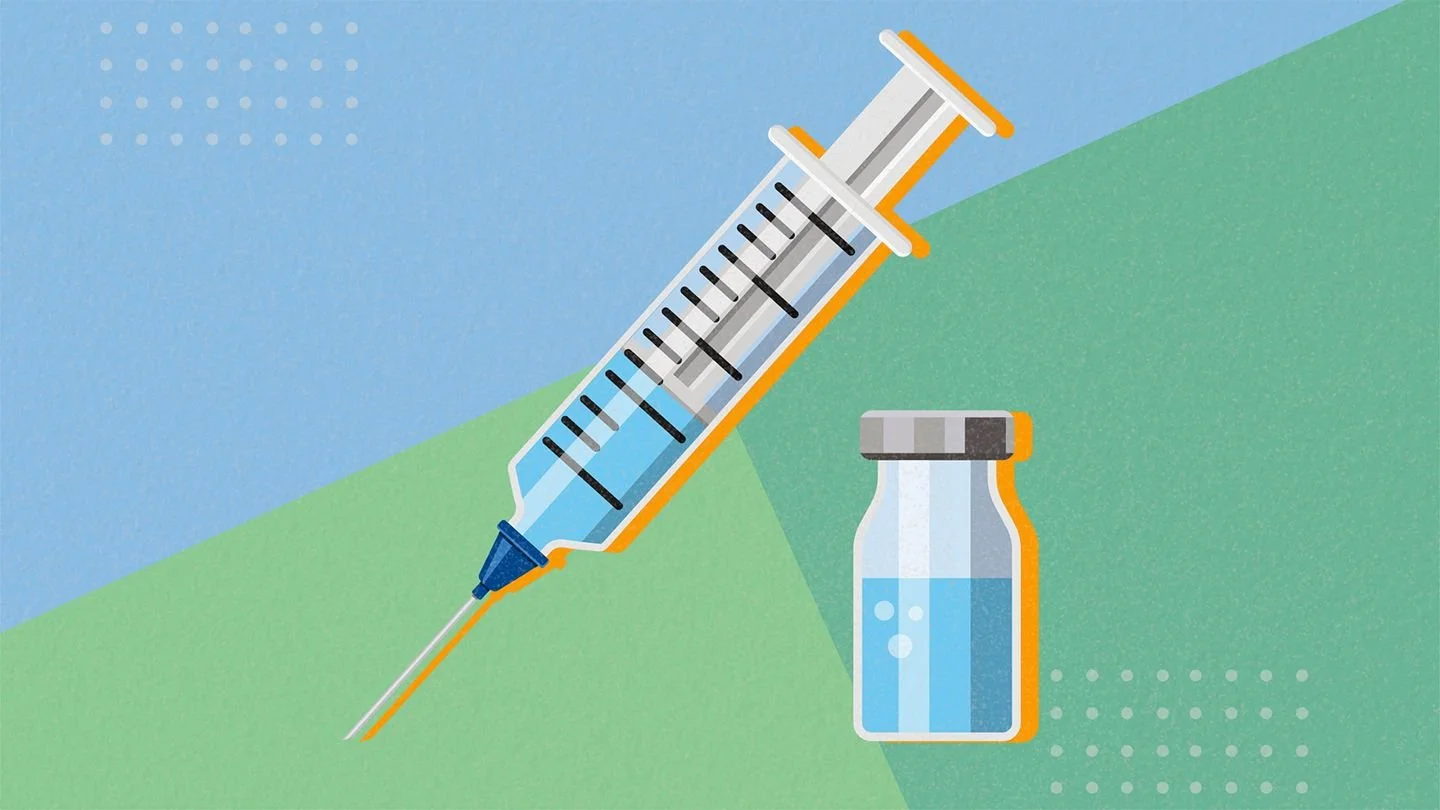Epigenetics: Nature and Nurture
Have you ever wondered if human behavior or disease is determined by environment or genetics?
Source: https://www.niehs.nih.gov/health/topics/science/epigenetics/index.cfm
Nature vs. Nurture
The debate of nature vs. nurture suggests that either nature (genetics) or nurture (environmental upbringing) are most critical in determining traits, behavior, or disease.
Source: https://gosouth.co.za/how-science-is-rewriting-nature-vs-nurture/.
If you’re not familiar with the debate of nature vs. nurture, it is a term that dates all the way back to the 16th century, and is a debate that is still discussed to this day! One side, nurture, proposes that our upbringing shapes us to become who we are. Most notably, English philosopher John Locke’s infamous “blank slate” view in 1690 proposed that all humans are born with an empty mind, that is shaped over time and filled with experience. The other side, nature, proposes that genetic-inheritance or biology is all-determining for our characteristics, including our susceptibility to certain diseases. Thus, people who support the nature side of the debate have a focus on genetics and biological influences, and those who support the nurture side focus more on environment, upbringing, and social influences. So which side is right? One way to help determine this is by taking a look at identical twins.
Identical Twins
Identical, or monozygotic twins (left) share all of their genes, as a single egg is fertilized by a single sperm cell which then splits in two. Fraternal, or dizygotic twins (right) share only half of their genes, as separate egg cells are fertilized by separate sperm.
Source: https://www.dnaplus.com/dna-and-identical-vs-fraternal-twins/.
Identical twins, also called monozygotic twins (“mono” meaning one, zygote meaning a fertilized egg cell), result from a single egg that splits in two during development. As a result, these twins share all of their genes, which is why they are called identical. Fraternal twins, also called dizygotic twins (“di” meaning two, zygote meaning a fertilized egg cell) in comparison are when two separate egg cells are fertilized during pregnancy, and only half of their genes are shared. If the nature side of the debate was correct, identical twins with the same genetics and biology should have very similar behavior and develop the same diseases. But, we have come to find that this is not true. While one twin may go on to develop a certain personality trait or disease, the other twin may act very differently and not be vulnerable to the same diseases as their twin . Does this mean that the correct side of the debate is nurture, and our upbringing and environment are all-determining in who we become? Not so fast! A rapidly growing field, epigenetics, suggests that both nature and nurture interact and are equally important.
Epigenetics
Epigenetics is the study of how our environment and lifestyle changes the way our genes are turned on, or turned off. Inside our cells are tiny molecules that attach to our DNA, which can activate, or deactivate, certain genes. If you think of DNA as the recipe book, the molecules that attach to the DNA are the chefs who decide what gets cooked and when. Together, this group of molecules that attach to DNA are called the epigenome. Recent developments in science have suggested that our upbringing changes how the epigenome interacts with our DNA, in turn changing how our genes behave, which can influence many factors from how you deal with stress, development of diseases such as cancer, or even your favorite foods! Therefore, epigenetics is a field that suggests nature and nurture interact to determine your traits.
Source: https://lcconsulting.life/science.
Epigenetics and the agouti mouse. Source: https://www.niehs.nih.gov/health/topics/science/epigenetics/index.cfm.
Very important to our understanding of epigenetics is use of animals in research. In one experiment, female Agouti mice (which are typically yellow in color) were fed either a diet rich in a type of epigenetic molecule, called a methyl group, or regular mouse food. Interestingly, mice born to the mother fed a diet enriched with epigenetic molecules had a different fur color, and were remarkably healthier than mice born to moms fed regular mouse food. Who would’ve known that you are what...your mother ate! In other rodent studies, increased maternal licking, grooming, and caregiving was able to change the epigenome of the babies, and decrease how they responded to stress as adults. However, decreased caregiving also changed the epigenome, and these babies increased their stress response. There are even studies that suggest these epigenetic marks are inherited to future generations! This means that our activation or deactivation of genes is determined, in part, by our upbringing and may alter our likelihood of developing disease for both ourselves and future children. Yikes! Is there anything we can do about this?
Epigenetics: A role of diet and exercise in paving the way forward
Given that our environment can change the epigenome which can in turn increase our chances of developing disease, we can make an effort to change the environment around us for the better. Increasing exercise, improving diet, and eliminating environmental toxins can decrease our chances of developing disease, or reverse epigenetic marks shaped by our upbringing. You can even improve the health of your future children! Rodents who underwent daily physical exercise were able to reverse epigenetic marks associated with chronic stress, and we know from work with the agouti mice how impactful diet can be on health. So, be sure to exercise the recommended amount for your age, and eat a healthy, well-balanced diet!
While the debate of nature vs. nurture is still taught to this day, epigenetics is a growing field that suggests both are equally important. We know from studies of human identical twins as well as rodents that our genetic inheritance is not all-determining in who we become; it is how our upbringing, and environment, interacts with our genetic material - and vice versa. However, we have the chance to change our epigenome throughout our lives, improving both our health and the health of future generations. No pressure!
Other Resources
Here is a link that is worth checking out:
Video on epigenetics: https://www.khswaveriders.org/apps/video/watch.jsp?v=182175
References:
Cooney, C. A., Dave, A. A., & Wolff, G. L. (2002). Maternal methyl supplements in mice affect epigenetic variation and DNA methylation of offspring. The Journal of Nutrition, 132(8 Suppl), 2393S–2400S. https://doi.org/10.1093/jn/132.8.2393.
Tammen, S. A., Friso, S., & Choi, S. W. (2013). Epigenetics: the link between nature and nurture. Molecular aspects of medicine, 34(4), 753–764. https://doi.org/10.1016/j.mam.2012.07.018.
Tiffon, C. (2018). The Impact of Nutrition and Environmental Epigenetics on Human Health and Disease. International Journal of Molecular Sciences, 19, 3425.
Weaver, I. C., Cervoni, N., Champagne, F. A., D'Alessio, A. C., Sharma, S., Seckl, J. R., Dymov, S., Szyf, M., & Meaney, M. J. (2004). Epigenetic programming by maternal behavior. Nature Neuroscience, 7(8), 847–854. https://doi.org/10.1038/nn1276.






















